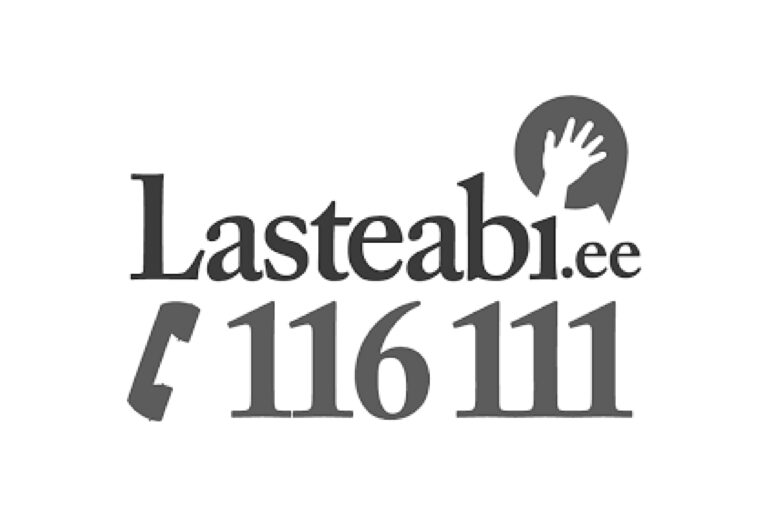The purpose of a budget is to gain an overview of your income and expenses – to write down all you bring home (your wages, but also things like benefits, scholarships and rental income) and spend during the month.
- How much is your income? This is particularly important if your income comes from multiple sources (multiple jobs, odd jobs, etc) and possibly on different dates.
- How much do you spend? You can see whether you spend more than you earn (eg are living on savings) or whether you are moving towards your financial goals.
- What do you spend it on? If you do not have a budget, it is easy to lose track of where the money goes. When you start budgeting, you might discover that you are spending an unrealistically high amount on eating out or buying clothes.
A fairly common misconception is that there is no point in budgeting if you have little money. It is actually the opposite – if money is tight, you should be especially mindful of how you spend it. Also think about whether you have any opportunities to increase your income.
- When you start budgeting and want to get an overview of your income and expenses, you should prepare a budget in as much detail as possible. For example, separate what you spend on groceries and eating out, your rent/mortgage and all communications services, clothes and hobbies, and entertainment. You can change the budget later based on what you need and want.
It is important to write down even the smallest of purchases because small expenses add up to quite a large amount by the end of the month.
- Once all your expenses are written down in detail, you can see the so-called black holes where your money goes. You might also discover that some expenses take up too much of your budget, such as work or school lunches in cafes.

- After you have budgeted for a month, you then have an overview of how much you spend on a certain type of expense per month. If you want to, you can now set limits in the following months for each type of expense and take steps to reduce the proportion of these expenses. For example, set yourself a goal to reduce the amount spent on lunches by 50% by preparing your lunch at home at least half the time. Going forward, you can increase the number of times you eat a homemade lunch.
Since you know many expenses beforehand, such as birthdays and other events, it makes sense to include them in the monthly budget and, if necessary, start saving money in advance.
- Be consistent and establish a system for how and when you write down the expenses. You can use Excel, a Google Drive document, the budget form of minuraha.ee or an app. In addition, figure out the right time to write down your expenses, be it every evening or once a week. Do what is right for you!
- Set yourself a goal of how much you can spend on each type of expense in a week/month and see that you adhere to it. This helps you keep your finances under control (providing security) or save up for goals important to you.
Teeviit wishes you successful budget planning!
Source: minuraha.ee website
Article was written by youth info portal Teeviit.







